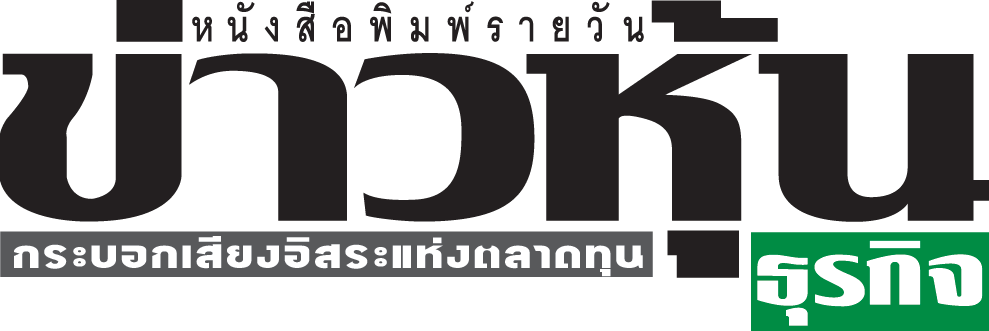
TU Jumps 4% on Estimated Strong Earnings in 2Q-3Q21 from a Weaker Baht-High Season
TU rose ฿0.90/share or 4.31% to ฿21.80/share as of 11:19 local time in Thailand, with a trading value of 818 million baht.
The share price of Thai Union Group Public Company Limited (TU) rose ฿0.90/share or 4.31% to ฿21.80/share as of 11:19 local time in Thailand, with a trading value of 818 million baht.
Maybank Kim Eng (Thailand) (MBKET) expects strong 2Q21 profit, growing both QoQ and YoY, driven by higher sales of frozen seafood and pet food. Gross margins should remain high, thanks to a focus on quality of sales and cost-control. Red Lobster tends to recover well after US city reopening. MBKET forecast TU’s 3Q21 earnings to remain solid fueled by a weak baht. This year’s profit should be better than what MBKET had assessed. With a stronger business direction, MBKET adjusted PE valuation from 13x to 16x (based on PE -0.5 SD), deriving a new target price of 22.10 baht from 18 baht. Recommend Trading Buy.
2Q21 normalised profit is expected to increase 7% QoQ and 25% YoY to 1.91 billion baht due to the depreciation of the baht and enter the high season of sales. Frozen seafood sales should rebound from US restaurants reopening more after the reopening. For the ambient seafood segment, sales tend to decelerate from the high base last year when people stockpiled food during the lockdown.
However, gross margin is expected to remain relatively high because of well cost controlled and low raw material tuna price. The pet food business continues to grow well. MBKET therefore estimates TU’s gross margin will remain high at 18% (up from 17.7% in 1Q21). In addition, Red Lobster should see a significant drop in losses from last year’s lockdown due to the city reopening in the US. MBKET expects TU to pay a 1H21 dividend of 0.35 baht/share, representing a yield of 1.7%.
If 2Q21 earnings are in line, 1H21 earnings will account for 56% of MBKET full-year forecast. This is due to 1H21 gross margin of 17.8%, beating the MBKET forecast of 17.0%,thanks to a focus on quality of sales, cost control and improving operational efficiency. Red Lobster’s performance tends to be better than expected, with loss decreasing by more than 50% from last year.


